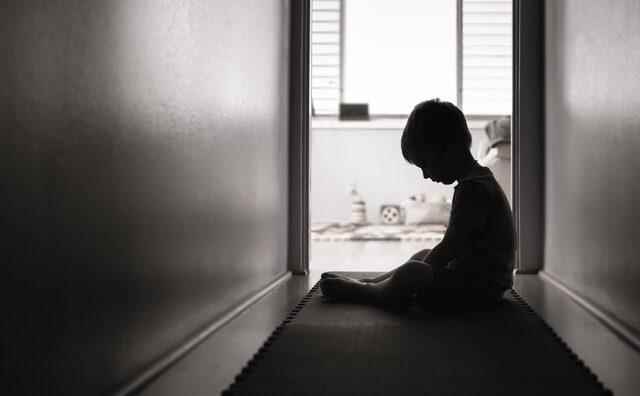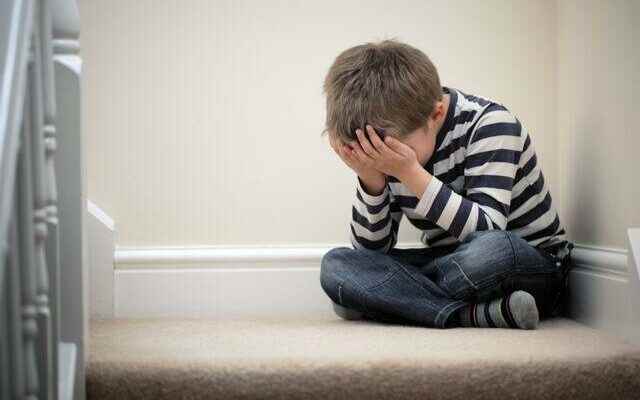The Kahramanmaraş earthquake had a profound effect on the lives of everyone from seven to seventy.
The earthquake, combined with the bad weather conditions, caused a lot of wear and tear on the citizens. Expressing that the earthquake deeply affected mental health, Psychiatrist Prof. Dr. Umut Mert Aksoy said, “The earthquake, which is a sad, shocking, quality and traumatic life event, is a very traumatic experience for our mental health due to its unpredictability and threatening nature. It creates fear, anxiety and anxiety in the acute period, and may cause post-traumatic stress disorder in the long term.
RAISING AWARENESS ON DISASTER MANAGEMENT IS IMPORTANT
Stating that the psychological effects of earthquakes, which is one of the leading disasters that cause physical, economic and social losses to individuals and societies, are also high. Dr. Aksoy pointed out the importance of education, training, preparation, planning and mitigation studies on disasters and disaster management.
EARTHQUAKE CAN CAUSE MENTAL DISEASES
Expressing that experiencing the earthquake can cause various mental health disorders for both survivors and those who lost their relatives, Prof. Dr. Aksoy said, “Survival delinquency was defined long ago by mental health professionals working in this field. The disaster of survival guilt is the continuation of a grieving response to the relatives we have lived with but lost. After unpredictable and devastating natural disasters such as earthquakes, people who have lost everything develop a sense of meaninglessness towards life. In addition, after such situations, social psychology will also be adversely affected. Intense anger, a sense of helplessness against what happened dominates this situation,” he said.
HOW CAN I AVOID EARTHQUAKE FEAR?
Stating that the fear of earthquakes or seismophobia, in other words, describes the expectation anxiety of people in a geography like Turkey where earthquakes are frequent, Prof. Dr. Aksoy said, “The fear of earthquakes can be dealt with with behavioral therapies and drug therapy. Children should be kept away from the images of the people under the dent and should not be exposed to these images. These images can create a trauma-like effect even in people who have not experienced this trauma.”

IF SYMPTOMS DO NOT RELIEVE AFTER EARTHQUAKE, CONSULT A HEALTH SPECIALIST
Expressing that there may be situations such as extreme fear, feeling unaware of what one is doing, inability to feel emotions, inability to react, inability to perceive the environment or situation fully, and to act automatically, that can be experienced immediately after the earthquake, Prof. Dr. Aksoy said, “It is normal to see all these symptoms in people who have experienced earthquakes. However, if these complaints do not decrease, if they make your life difficult, if you have difficulty in coping, you should apply to mental health specialists in the region or health centers with mental health specialists who are ready to help you.
DON’T SUPPRESS YOUR EMOTIONS AND SACRIFICE
Underlining that one should not avoid talking about the events, Prof. Dr. Aksoy said, “Do not try to suppress your feelings and sadness. Share your feelings and thoughts about this event with those around you. Think about the meaning of life and try to make plans for the future.

STAY CONFIDENT AND CONSISTENT WITH CHILDREN
Pointing out that children can feel extreme fear and helplessness after the earthquake, Prof. Dr. Aksoy said:
“Children may not perceive what is going on around them. Not speaking or a decrease in emotional reactions, dullness, absent-mindedness may be observed. On the contrary, behaviors such as being indifferent to the event, playing games and singing can be seen. For children, both types of reactions are possible and natural. In addition, children may not remember what happened during and after the earthquake, they may be afraid of being alone, closed places, the dark, insomnia, fearful dreams, startle from sudden noises, nausea, stomach and headache, frequent toilet visits, loss of appetite may occur. For this reason, the first condition of being able to help children is that the family has a calm, reassuring and consistent attitude. Families should not take their children away from them, and should directly meet their needs for nutrition, shelter and attention. Remember that your children need your closeness more than ever. You must maintain this intimacy without turning it into an overprotective one.”
ENABLE CHILDREN TO EXPRESS THEIR SELF
Adding to his words that children should be supported to tell about their experiences during and after the earthquake, Prof. Dr. Aksoy said, “Encourage your children to talk about their experiences. Allow or even encourage them to express their feelings such as fear, anger, do not prevent them from crying, and answer their repetitive questions. Explain that what you are experiencing is perfectly natural and not a disease. Instead of saying ‘it’s over’ or ‘nothing will happen’ to reassure your children, give them information on what to do in case of a potential earthquake. Do not avoid talking about earthquake-related issues in front of your children,” he concluded by saying.
(DHA)
